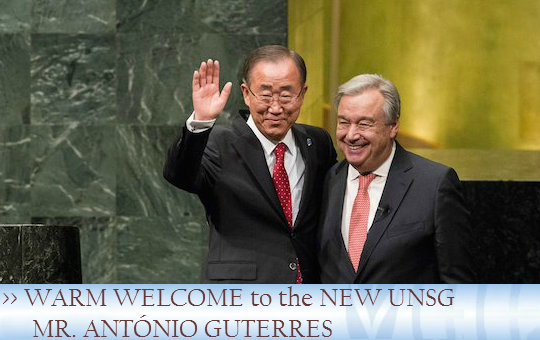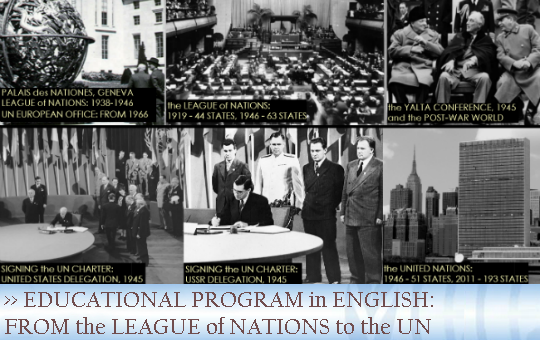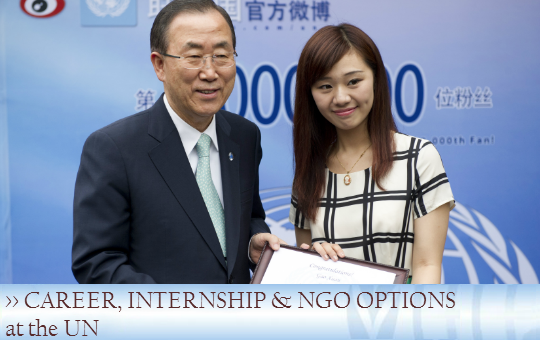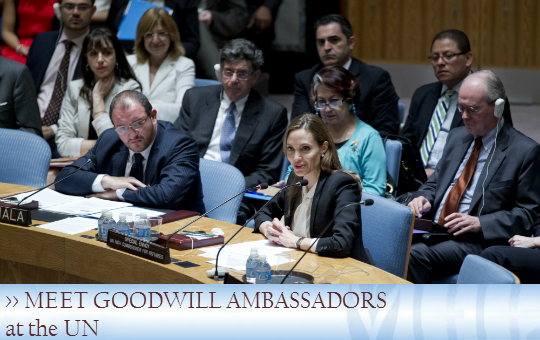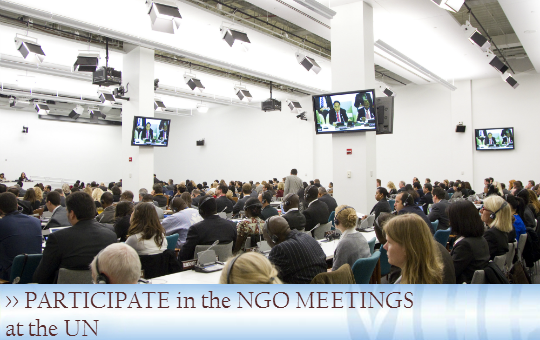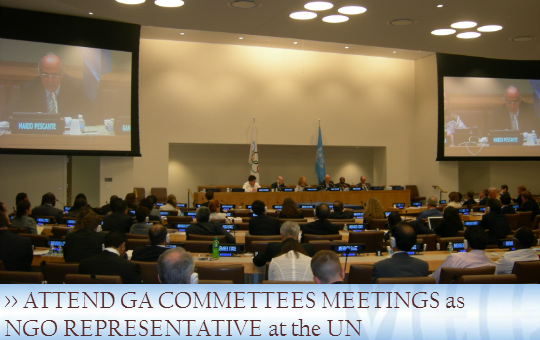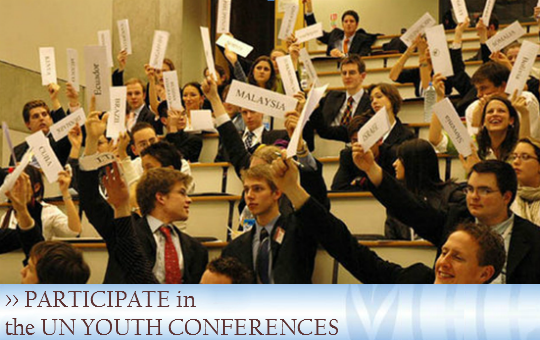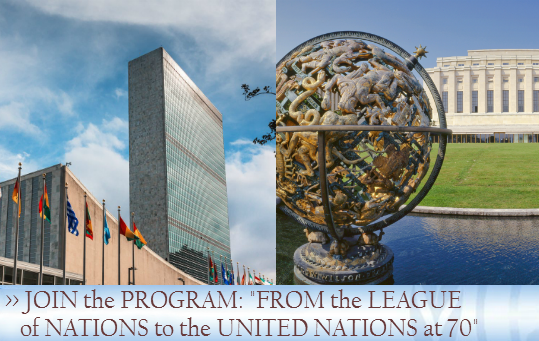The Round Table meeting on the 10th Anniversary of the International Year of Older Persons /Круглый Стол по случаю Десятилетия Всемирного Года Людей Старшего Возраста/ октябрь 2009
Осенью 2009-го года фонд Международное Гуманитарное Измерение выступил в качестве организатора круглого стола, проведенного с целью обсуждения темы, предложенной г-ном Бан Ки-муном, Генеральным Секретарем Организации Объединенных Наций, в его выступлении по случаю Десятилетия Всемирного года людей старшего возраста.
Девиз Международного дня Пожилых людей звучит как «на пути к обществу для всех возрастов», и Г-н Бан Ки-Мун подчеркнул, что данная формулировка отражает необходимость расценивать людей старшего возраста в равной мере в качестве объектов влияния и проводников социального развития. Это приобретает тем большее значение, чем с большим количеством проблем приходится сталкиваться Мировому сообществу в условиях глобального продовольственного, энергетического, климатического, финансового и экономического кризисов.
<...>
Все участники дискуссии и, в частности, представители фонда МГИ выразили абсолютное приятие намерения покончить с дискриминацией по возрастному признаку, притеснениями и насилием, имеющими место в отношении пожилых людей, сочтя его важным и требующим претворения в жизнь не только в рамках 10-го Международного года людей старшего возраста, но и на регулярной основе.
During the late Fall of 2009 the World Human Dimension acted as an organizer of the Round Table meeting that was held in order to discuss the subject proposed by Mr. Ban Ki-moon, Secretary General of the United Nations in his message on the 10th Anniversary of the International Year of Older Persons1.
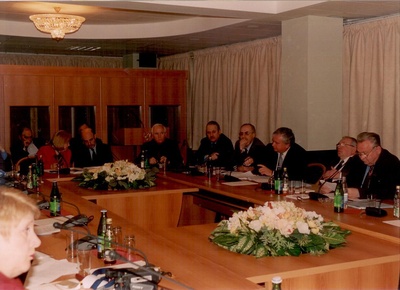 A motto of «the International Year of Older Persons» initiative had been put as «Towards a society for all ages», and Mr. Ban Ki-moon has stressed that this particular statement emphasizes the need to treat older persons as both agents and beneficiaries of development, which takes on even greater importance as the world struggles to confront global food, energy, climate, financial and economic crises.
A motto of «the International Year of Older Persons» initiative had been put as «Towards a society for all ages», and Mr. Ban Ki-moon has stressed that this particular statement emphasizes the need to treat older persons as both agents and beneficiaries of development, which takes on even greater importance as the world struggles to confront global food, energy, climate, financial and economic crises.
Participants of the Round Table discussion regarded this emphasis as of paramount importance not even in general but for Russia as a particular country with some specific features of social institutions.
Some of the discussion partakers noticed that this subject stood in close relation to the Dialogue of Civilizations issue as far as the Dialogue implies a peaceful coexistence of various religions. And, apparently, one of the spheres in which confessions differ from each other apart from religious cults" peculiarities is the way of treating neighbors, for instance, older people. "It"s well-known, - one of the discussants noted, - that Islam appears to be this very religion that pays as much attention to senior citizens as they really deserve and treat them with distinction. This is definitely one of the major points Christian society should learn and adopt".
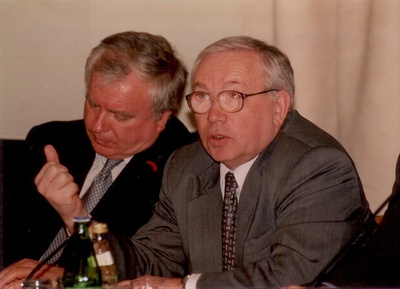
Interlocutors displayed a total support to this point of view and noticed that it was the way a two-way cultural influence works.
"And speaking about a two-way influence it"s considered to be a basis of the Dialog and of the World Community interaction, which was illustrated with a great example represented by Middle East and Northern Caucasus", - remarked another partaker.
Regarding the initiative of building a «society for all ages» which the United Nations maintained, partakers of the Round Table considered it to be equally important to a purpose of building a society for all nations and all religions.
All the discussants and particularly the WHD representatives totally supported the idea of putting an end to age discrimination, abuse, neglect and violence against older persons, considering it to be vital and calling for implementation not only within the bounds of the 10th Anniversary of the International Year of Older Persons, but on a regular basis.


